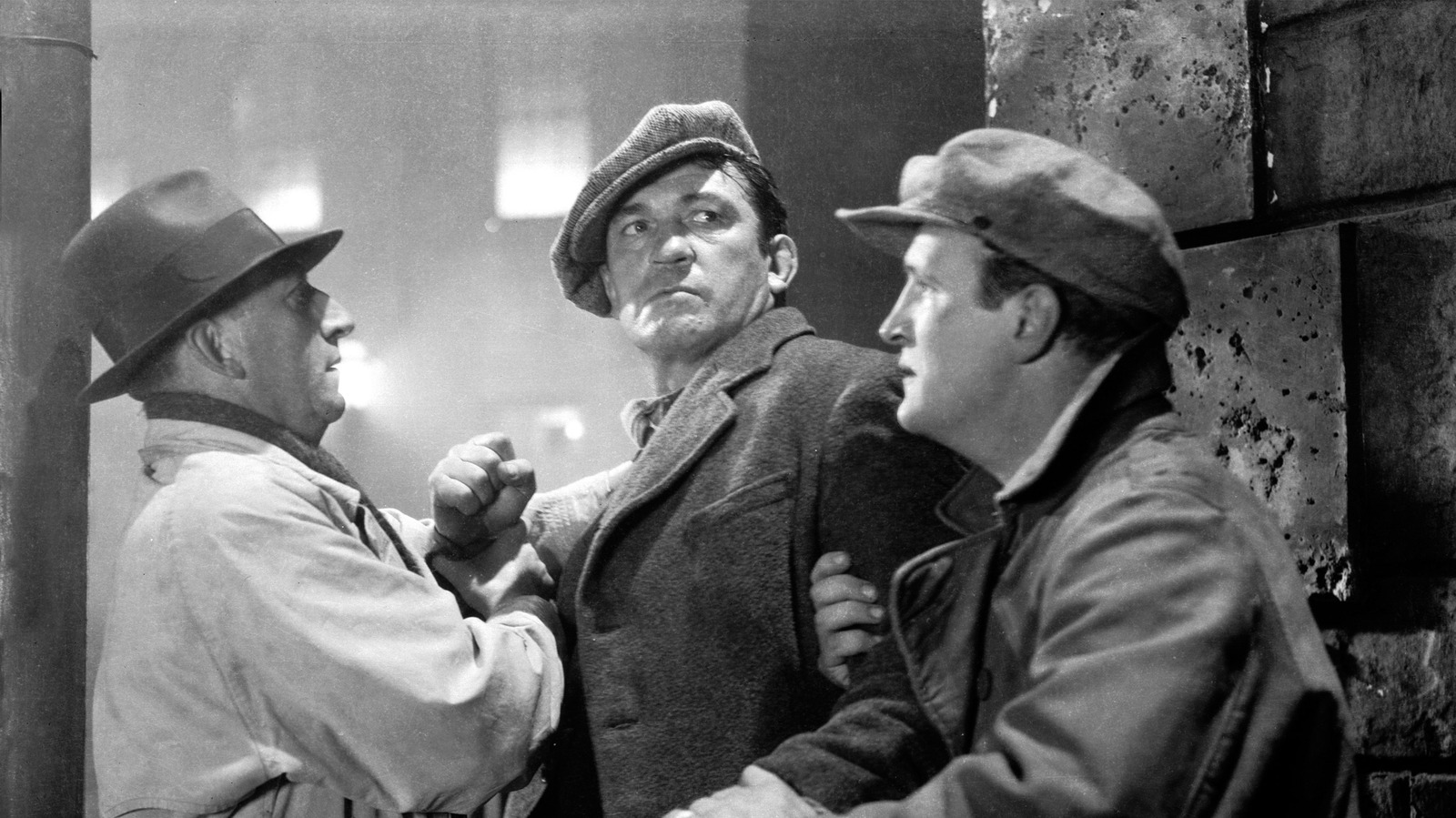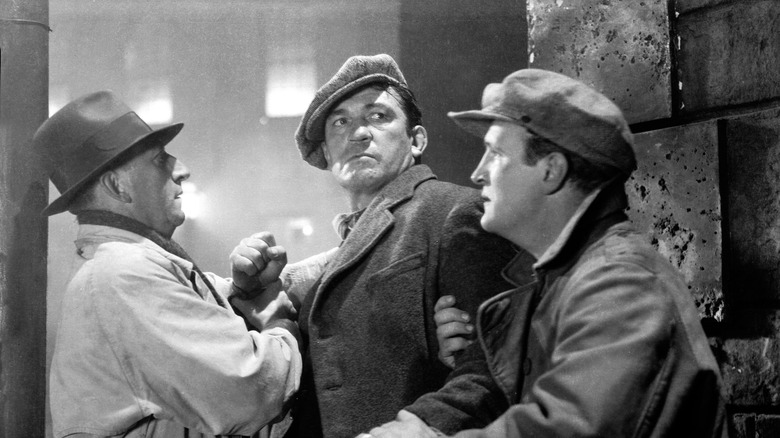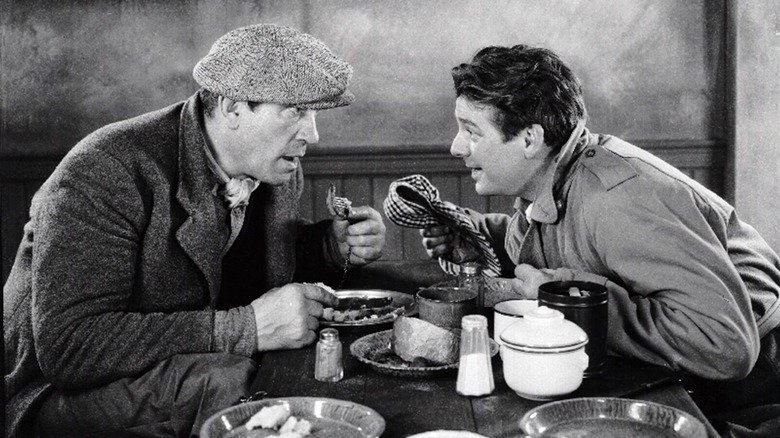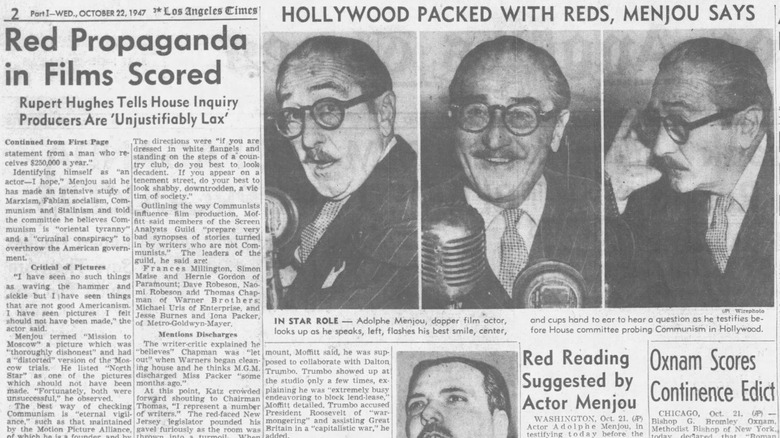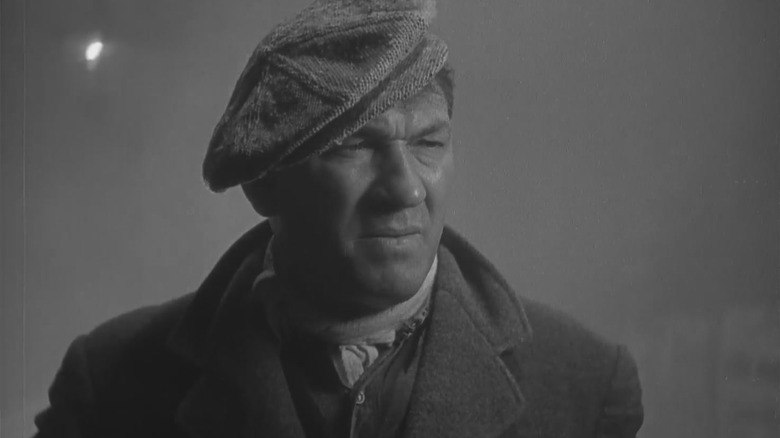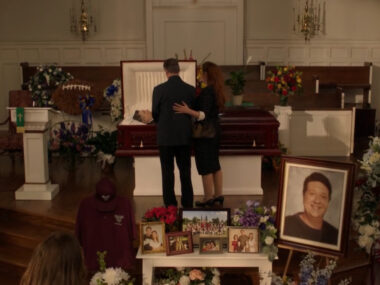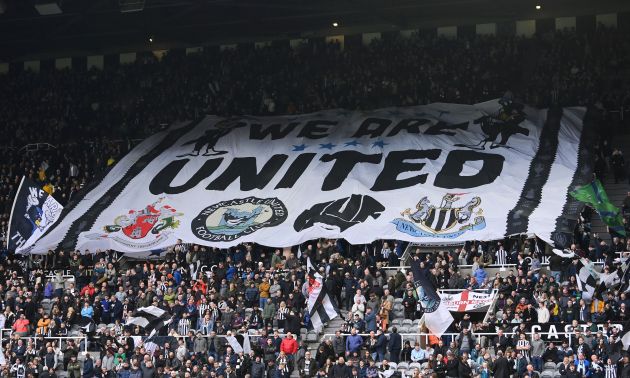Many Hollywood creatives spend their entire careers chasing Oscars, but few of them seem to care. Or if they do care, some of them have other concerns that take top priority. Such was the case with Dudley Nichols, a screenwriter whose career spanned from Men Without Women in 1930 to Heller in Pink Tights in 1960. In 1936, he won an Oscar for The Informant, an acclaimed film about an Irish informant. overcome with guilt after betraying his friend to the IRA.
Although The Informant is not very well known today, in the decades following its release it was commonly cited as one of the greatest films in American cinema. However, in 2024, the film is best known for what happened when its screenwriter won an Academy Award. Nichols, who co-founded the Screen Writers Guild, was unhappy with the Academy's refusal to recognize the SWG or support its fight for better pay and proper recognition for their work. He boycotted the ceremony, and when the Academy tried to mail him his award, he sent it back and wrote an open letter, replying:
“As one of the founders of the Screen Company Guild, which was created in rebellion against the Academy, and was born out of frustration with how it acted against employed talent in any emergency situation, I deeply regret not being able to accept this award.”, Nikolai wrote. “Accepting this would mean turning our backs on nearly 1,000 members of the Screenshot Guild.”
Dudley Nicholls' 1936 protests were successful
The head of the academy at the time, Frank Capra, said in response to Nichols' protest: “Membership in the Academy is not and never has been connected with the award. Dudley Nichols' award will stand even if he does not accept the statue, which is merely a symbol of the award.”
Nicholas eventually accepted his Oscar in 1938, but only because he achieved most of his goals for the SGA. As the Santa Ana Register reported that same year, “The National Labor Relations Board today certified Screen Writers Guild Inc. as the exclusive bargaining agent for approximately 325 writers employed by 13 Hollywood studios.”
It's not so clear how much of an impact Nicholas' Oscar boycott had on this score; Browsing newspaper archives, it does not appear that any journalist made the connection between Nichols' 1936 boycott and the SGA's 1938 walkout. Before and after the SWG's certification, it was common for newspapers to mention Nichols' Oscar win for “The Informant” without mentioning his boycott of the award or the reasons behind it. Even in Nichols' obituary in 1960, newspapers often didn't mention this detail, although Nichols' refusal of the award was undoubtedly one of his coolest moments.
However, Nicholas' boycott of the 8th Academy Awards was just one of many steps he took in his fight for better conditions for Hollywood screenwriters. The same year that he boycotted the Oscars, the Screenwriters Guild would rise and gain influence, although so many newspapers seemed to be in the tank for the producers the guild was fighting. “The Screen Writers Guild is a Device of Communist Radicals,” wrote the Washington Herald in April of the same year, “who apparently do not mind cutting their own throats, if they can only simultaneously cut the throats of the manufacturers and laborers in general.” For those who haven't forgotten latest 2023 WGA strike and the discourse surrounding it, this argument against the writers' union sounds eerily familiar.
Nichols and the other members of the guild continued to fight regardless, and most of the rights they fought for were achieved. inclusive “shorter optional contracts, right to set credits, (and) deposit for speculative work.” This made life easier not only for themselves, but also for generations of screenwriters who would follow them. The the success of later writers' strikes owes much to the struggles of Nichols' early work.
Dudley Nichols fought for Hollywood unions during a very chaotic time
Why were newspapers so hesitant to mention Nicholas' Oscar boycott? Perhaps it was because many of them at the time were too busy raising fears about potential communists in the union Nicholas had helped found. “Undoubtedly there are secret Communists here in the writing business who wish to force a closed shop and by deft but recognizable methods to exclude from the screen ideas contrary to their own.” one commenter wrote in 1938, adding: “Radicals are quite free to use such words as 'fink', 'mange' and 'home union' against those who refrain from their attempts to coerce and terrorize, but the mention of Communism in this connection. damned as a red bait take it.”
That commenter was Westbrook Pegler, a guy who also really hated the New Deal, didn't support unions in general, and opposed lynching legislation. Although not much respected today, Pegler was at the height of his influence in the 1940s, helping to pave the way for the Second Red Scare, which seriously affected the SGA. In the 1940s, the House Un-American Activities Committee investigated countless creative people in Hollywood for possible Communist affiliation. Although the idea of communist infiltration of Hollywood would later be seen as more of a moral panic than a real problem, the damage to the careers of many screenwriters (many of whom blacklisted from Hollywood altogether) operation could not be undone.
Not even McCarthyism could bring Dudley Nichols down
Dudley Nicholas survived the Second Red Scare largely unscathed, although as a prominent figure in SWG his character continued to be maligned during this period. Writer Rupert Hughes testified that Nichols, whom he described as “certainly very left-wing, although I don't know if he is a Communist,” had “demanded” Hughes' resignation in 1932 because of Hughes's anti-Communist beliefs.
The charge was never proven; Looking through the records, it is likely that the disagreements between Hughes and Nichols in the early 1930s were the result of their differing views on the operation of the SWG. “Every time is an olive branch for us these men see the split nail,” Nichols said complained in 1938. “They actAny writer brave enough to stand up for their reasonable rights should do so be a radical.”
As the Second Red Scare subsided and the writers' union remained intact, Nicholas continued to write screenplays and remained a respected, award-winning figure in the industry. As the Tulsa World newspaper reported February 1954 “The Screenwriters Guild on Thursday night presented Dudley Nichols with its Laurel Achievement Award, symbolizing the greatest contribution to his craft and to the guild that Dudley Nichols has made over the years. Nichols has written such outstanding films as 'Prince Valiant'”. Big Sky, “The Bells of St. Mary's,” “For Whom the Toll Tolls,” “Stagecoach” and “The Informer.” The award was presented at the guild's annual dinner and was judged by 21 board members.
Source link

